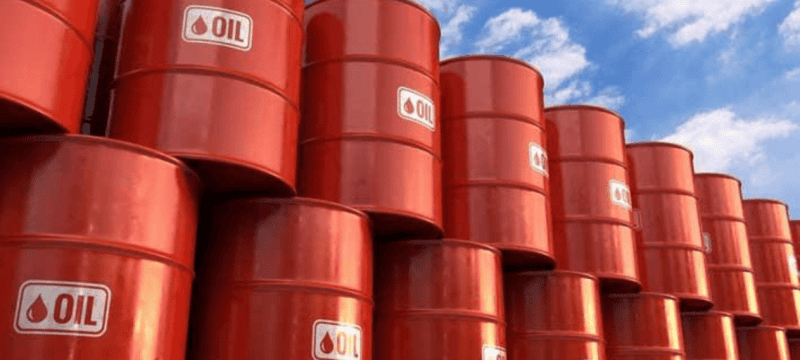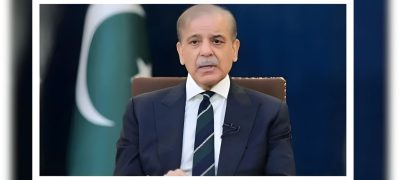A seismic revelation has sent shockwaves through Pakistan’s political landscape, as a damning report delivered to the Prime Minister’s Office (PMO) alleges the involvement of 90 government officers and dozens of politicians in smuggling an astounding 2.8 billion liters of Iranian fuel into the country annually. This startling revelation, if substantiated, could potentially incriminate a large number of influential figures across Pakistan and has raised serious concerns about the extent of the illicit trade’s impact on the nation.
Read More: Karachi Customs Thwarts Massive Diesel Smuggling Operation Worth Rs. 3.45 Crore
The report, which has captured the attention of the highest echelons of power, claims that 29 lawmakers are embroiled in this sprawling network of fuel smuggling. However, the implications go far beyond financial malfeasance, as it alleges that terrorists are funding themselves through the proceeds of petrol smuggling. This alarming assertion underscores the broader ramifications of this illicit trade and the urgent need for decisive action.
Economically, the consequences are dire, with Pakistan reportedly losing a staggering Rs. 60 billion annually due to petrol smuggling. This sizable sum represents a significant drain on the country’s resources, highlighting the urgency of addressing this issue promptly and effectively.
The report paints a troubling picture of an extensive network of illegal petrol distribution, with a total of 995 petrol pumps across the country allegedly involved in the illegal sale of Iranian petrol. Such a widespread operation implicates multiple facets of the fuel distribution system, further complicating efforts to curb the illicit trade.
One of the most alarming aspects of this revelation is the alleged involvement of government officials in the smuggling operation. The report claims that around 90 government officials are complicit in the smuggling of petrol, a revelation that could shake the very foundations of the country’s bureaucracy and demand an unprecedented level of accountability.
Despite the gravity of these allegations, the PMO has thus far remained silent on the matter. The lack of an official response has fueled concerns that the issue could implicate influential figures across Pakistan, potentially leading to political and legal repercussions of considerable magnitude.
Beyond the economic and political implications, the illicit trade in Iranian fuel poses serious threats to public safety. Recent media reports have highlighted that certain individuals have established illegal petrol distribution operations, often selling Iranian gasoline in plastic containers. This not only jeopardizes the safety of consumers but also undermines legitimate businesses operating in the sector.
The report further alleges that, rather than taking action against the illegal trade, some police officers have begun purchasing gasoline from the individuals involved. This alarming complicity within law enforcement agencies underscores the challenges of eradicating this entrenched issue and the need for a comprehensive and coordinated response.
As Pakistan grapples with the unfolding implications of this colossal scandal, the need for urgent and decisive action becomes increasingly apparent. The nation awaits a response from the highest authorities, with expectations of transparency, accountability, and an unwavering commitment to combat this deeply entrenched issue.
The coming days and weeks are likely to be critical as Pakistan navigates the complex web of interests and influences surrounding this far-reaching fuel smuggling scandal, with profound implications for its political landscape and socioeconomic stability.









